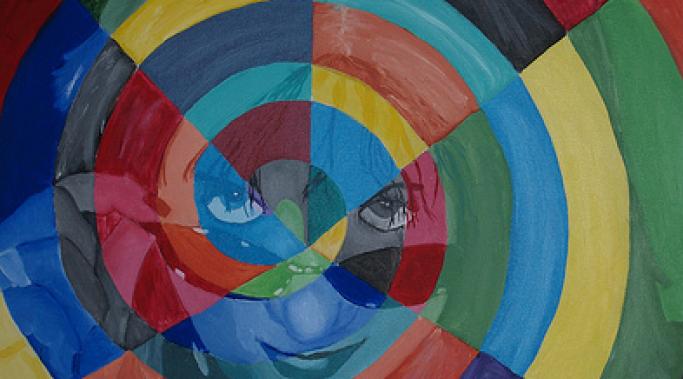Blogs
Let's talk about irritability.
Our children suffer irritability because of their psychiatric conditions. But I'm not talking about their irritability--I'm talking about mine.
I’ve discussed my difficulties with setting personal boundaries and some of what contributes to those difficulties. But it occurs to me that there may be a link between the high suggestibility of people with Dissociative Identity Disorder and the challenges so many of us face with personal boundaries. It seems reasonable that saying no would be more difficult for people who are particularly susceptible to the power of suggestion.
I asked myself "Why?" more than any other question during my marriage. I thought that finding the answer to "Why?!" would allow me to attack the root causes of the trouble between him and me. But, for so many reasons, why? was the wrong question to ask.
Why can be an empowering question in the correct setting. The "5 Whys" is a wonderful technique for getting to the bottom of almost any normal situation. But when using the whys to understand an abusive relationship, it causes trouble. Why? Let's find out...
Although world-wide research over the last 20 years has indicated that women experience depression at 1 ½ to 2 times the rate of men, recent research conducted by Jed Diamond, Ph.D, and others, indicates that male depression has been under-reported and is beginning to rise significantly. In his 2009 book, Male vs. Female Depression: Why Men Act Out and Women Act In, Diamond reported on a major research study that concluded “Women seek help—men die.” The study found that 75% of those who sought professional help at a suicide prevention program were female. Conversely 75% of those who died by suicide in the same year were male.
I was recently asked, "Does Bob have an IEP?"
No, he doesn't--here's why.
there's a big difference between remorse, or regret of wrongdoing, and false guilt, which is a flaming arrow in the hands of a master manipulator.
Like so many others with dissociative identity disorder (DID), I have comorbid posttraumatic stress disorder. But it isn’t the temporary response to short-lived trauma that most people think of as PTSD. It’s a deeper, more pervasive, and chronic response to life in general. This form of PTSD is called complex PTSD. And it occurs so often in conjunction with dissociative identity disorder, that I sometimes wonder if there's anyone with DID who doesn’t live with this monster.
It's hardly a secret that in the mental health field, everyone gets their take. There is no definitive medical test for any mental illness, and most mental health professionals don't have the time or resources to dig as deep as one hopes.
When I discovered I was bipolar, I suddenly became scared of everything. Things that never crossed my mind started to shudder through my bones and produce endless waterfalls of tears. I was afraid of diagnosis. I was afraid of what it meant. I was afraid of psychiatrists. I was afraid of treatment. I was afraid of not getting treatment. I was afraid of what the treatment would do to me.
Mental illness means being afraid.
Certain fantasies bonded me to my verbally abusive husband like super glue. My heart and mind alternated between "hoping" and "knowing" the dreams were true. I repeated them to myself and other people like mantras, almost as if saying it made it so. The fantasies were created early on and their existence prohibited me from hearing the truth. Here are the top five lies that bound me in "love".








